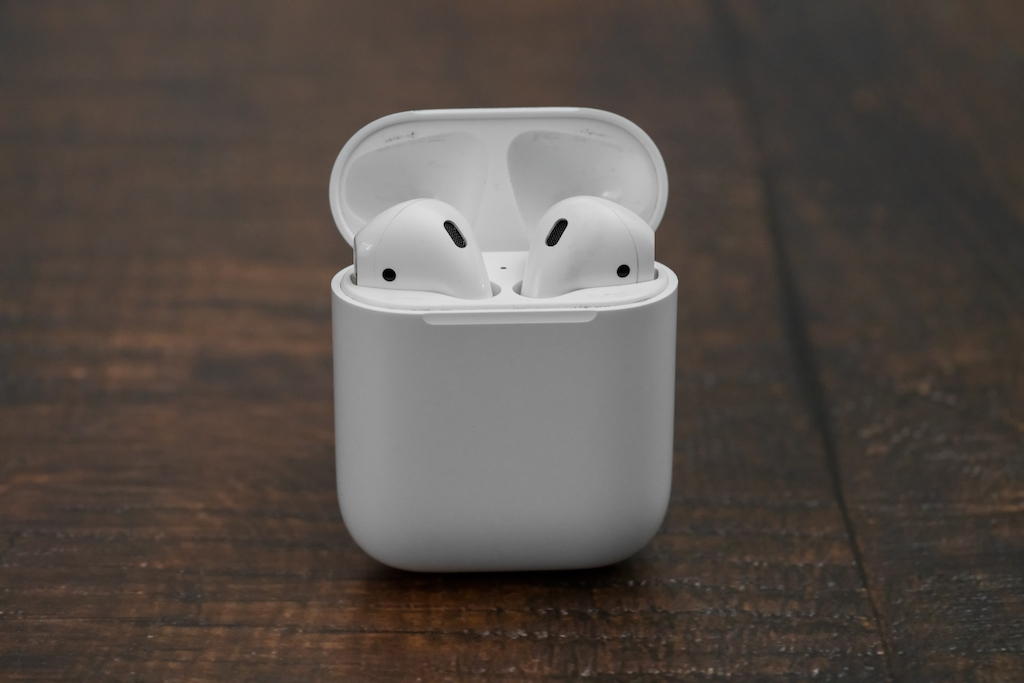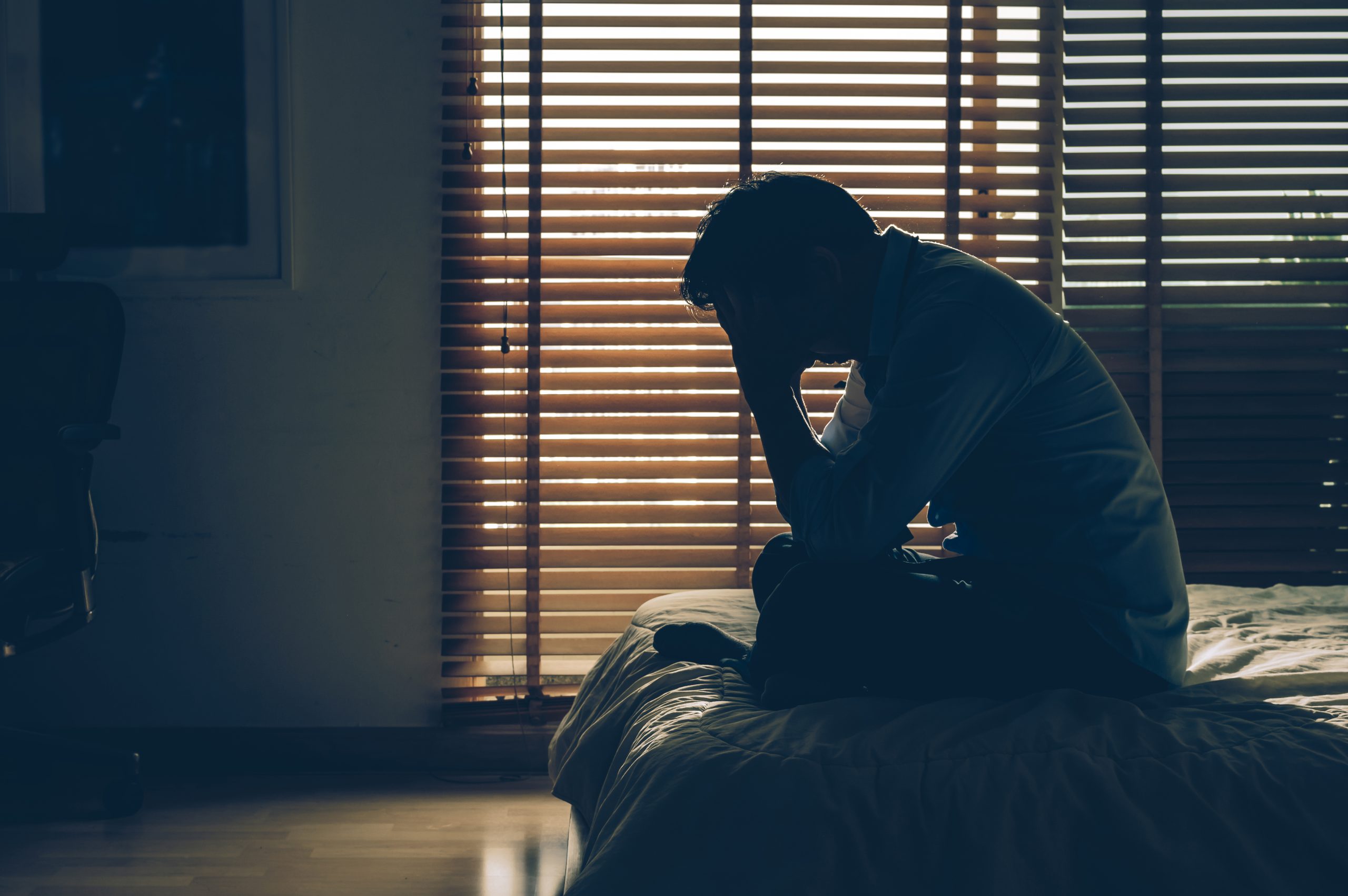Circadian rhythm

Everything in our lives operates based on time and the processes within our bodies. They naturally follow a circadian rhythm, and our bodies function best that way. This article will tell you more about what this rhythm is, the consequences of not adhering to it and how you can optimise it.
What is the circadian rhythm?
You can think of the circadian rhythm as your internal clock. Everything that lives on Earth has a circadian rhythm. It is a 24-hour rhythm in which various daily processes occur. This may sound vague, so let’s make it clearer with an example.
The clock that tells you the time, such as your alarm clock or phone, indirectly tells you what to do. The way we structure our day and the activities we schedule are time-bound. It works the same as your biological clock. At a certain point within the 24-hour cycle of the circadian rhythm, the processes in your mind and body know precisely when it’s time to start and stop.
What influences the circadian rhythm?
To some extent, it is determined by you. If you regularly have dinner at 6:00 pm, your body will get used to receiving and digesting food around that time. If you then go on holiday to a country where dinner is typically around 9:00 pm, you will likely feel rather hungry come 6 pm and beyond. On the other hand, various external factors influence the rhythm.
External stimuli
Light: Every day, it becomes dark in the evening and light in the morning. The sunrise and sunset both have a stimulating effect on the processes in our bodies. The blue light of the sunrise stimulates the release of hormones that contribute to alertness. The red light of the evening has the opposite effect.
Temperature: Our body temperature follows that of the air. Later in the day, our body warms up along with the outdoor temperature, and as evening approaches, it gradually decreases again.
Sound: Sound can calm you down or wake you up. Think of hardcore music that wakes you up and classical music that can calm you.
In addition to these factors, many other things influence the circadian rhythm, but now that you have an understanding of what the circadian rhythm is and what affects it, you can start creating a rhythm and sticking to it!


